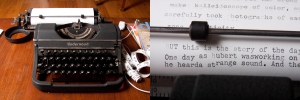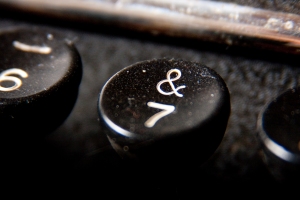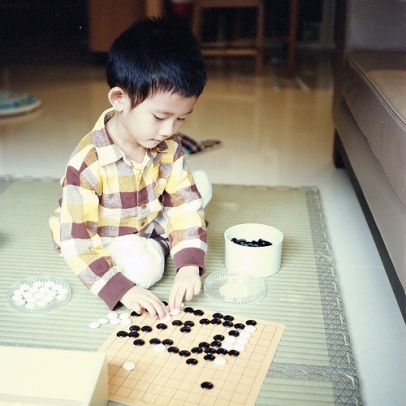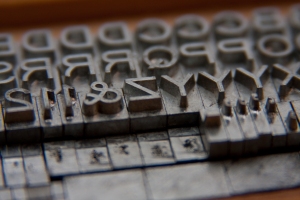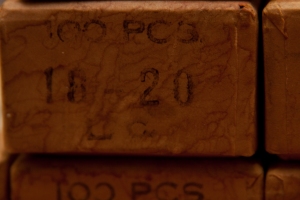Shock—we’ve all experienced it in one form or another. It could be that you lost someone dear to you unexpectedly, or maybe that you failed at reaching a personal goal you were convinced you could achieve. Whatever the case, you’ve had to deal with the rectification between your expectations and reality.
It really is a crazy thing. Our brains are designed to experience a little time-out session when we first realize this difference exists. Time enters a no passing zone, and there we are, aware of the world around us, yet so far removed. We all know that this state only lasts a short while—if only we could lengthen it.
When it leaves we’re bombarded with fear, anger, sorrow and a whole slew of emotions that we’re never ready for. Of course, with time, we work through these emotions and return to (a version of) normalcy.
So, it’s a natural thing to ask, “why aren’t we always prepared—like boyscouts?” The answer: sometimes we are.
Have you ever caught yourself talking to the imaginary police officer? You know, the one you make up so that you can reason out just how you’ll talk your way out of the ticket you deserve (maybe it’s just me)? If you’ve ever prepped for such a phantom event, you’ll know just what I mean. You and your bag of reasons will have already thought of every excuse and witty retort before you even get pulled over.
You’ve done it. Automatically, you’ve responded to the dilemma at hand, even though, usually, there isn’t one. Face it, your brain is smarter than you—so much so that it’s prepared you to deal with not just scenarios you’ll likely encounter, but many others as well.
So what happens when they really do happen? Well, if you’re like me, you answer the officer’s questions with clear yesses and nos, and when he tickets you you thank him.
When you needed those convincing and witty lines, they were gone. It might seem the preparation has failed. But, now, just wait for it. After it’s over the reasons will all come back. When they do, you’ll feel the overwhelming urge to share them with the nearest captive audience available (pity the passenger).
While it may seem like your brain set up an elaborate defense system, it was really just preparing you for the emotional onslaught that is losing. You thought you were ready for anything—at least you were ready to lose.
Filed under: coping, hypothetical, losing, ready, trauma

